On September 8, the finance ministers of Israel and India signed an investment protection agreement (BIT), a move that significantly upgrades bilateral relations between the two countries. The timing speaks volumes. As uncertainty grips West Asia and tensions between India and the United States are yet to be resolved, this agreement sends an unmistakable message—the Israel-India partnership stands on its own merits.
This also suggests that ambitious regional initiatives such as IMEC, the India-Middle East-Europe Connectivity Corridor, simply cannot succeed without Israel as a cornerstone partner.
The signed agreement is not historic as reported by many, since a mutual investment protection agreement existed between the countries from 1996 until 2017, when the Indian government decided to comprehensively cancel such agreements following an overall policy change. However, this is a very important agreement that places Israel first among Organisation for Economic Co-operation and Development (OECD) countries to sign such an agreement with India. The agreement is expected to increase mutual investments, whose current scope doesn’t reflect the tremendous potential between the countries.
For comparison, Japan is the dominant Asian investor in Israel with approximately 9 per cent of foreign investments in high-tech (2024) and a total of about half a billion dollars. Meanwhile, India, despite a decent presence of several major Indian corporations in Israel for decades, is barely seen in innovative sectors, except for defence, health, and infrastructure.
The gap between India and other Asian countries vis-à-vis Israel is also evident in trade. According to the Israeli Central Bureau of Statistics data, while trade between Israel and China stood at over $16 billion (a trade deficit of over $10 billion), trade volume between Israel and India stood at only about $4.7 billion (excluding defence exports and diamonds).
Impact Shorts
More ShortsOfficial sources in both countries hope that the newly signed investment protection agreement will provide tailwinds for a Free Trade Area (FTA) agreement, negotiations for which have been unsuccessful since 2010. However, alongside the bureaucratic difficulties and slow pace of progress, these gaps actually indicate the enormous potential that exists in the Israel-India partnership.
Nowadays, it has become trendy to speak of the strategic partnership with India. At a time when Israel faces an extremely challenging political position in the international arena, many view India as a new wonder and rising power standing alongside Israel despite calls for boycotts. However, the strategic partnership between Israel and India is not new but rather evolving.
For many decades, Israel-India relations focused primarily on two strategic areas: agriculture and defence. The first is strategic because Israeli knowledge assists approximately 800 million farmers in India; the second is strategic because Israel has proven itself as a reliable defence partner to India throughout its various wars against Pakistan, in 1965, 1971, in the Kargil War in 1999, and in the recent escalation (Operation Sindoor). But despite cooperation in these areas, relations remained low-profile most of the time.
The transformation began in 2014, and I witnessed it firsthand as director of the Asia-Pacific Department at the National Security Council. Months before the election that would sweep Narendra Modi to power, I advised the Israeli National Security Advisor that Modi’s victory would create an unprecedented opportunity for a bilateral breakthrough—if we moved swiftly to capitalise on it. The response was immediate and comprehensive: every government ministry mobilised to map obstacles, opportunities, and priorities for the new relationship.
All this ultimately led to a government decision to advance relations between the countries, PM Modi’s historic visit to Israel, and reciprocal visits by PM Benjamin Netanyahu to India. Thanks to the Abraham Accords, this partnership also aspired to positively influence the regional level with the establishment of I2U2 (2021) and subsequently the announcement of the IMEC connectivity initiative (2023). Recognition of the strategic importance of strengthening the partnership with India became a priority.
Two years of war have only sharpened these strategic calculations. Beyond bilateral cooperation in investment, trade, defence production, and political support, India serves as a natural bridge between East and West and opens a door for cooperation between Israel and the Global South.
As one of PM Modi’s closest advisors shared with me at the time, “The partnership and friendship between India and Israel must be built as a partnership for generations, yielding fruits not only for both countries but also for the regional environments in which they operate.”
This investment agreement represents more than economic coordination—it is the latest milestone toward that generational vision. In an era when strategic partnerships often prove fragile and self-interested, the Israel-India relationship offers something increasingly rare: a foundation built on complementary strengths, shared democratic values, and mutual respect that transcends the political weather of any given moment.
Joseph Rozen is an expert on national security and international affairs, founder of Solaris Global Partners geopolitical consultancy, partner at i2 company which facilitates business activity between Israel and India, and a senior fellow at Misgav Institute. Views expressed in the above piece are personal and solely those of the author. They do not necessarily reflect Firstpost’s views.


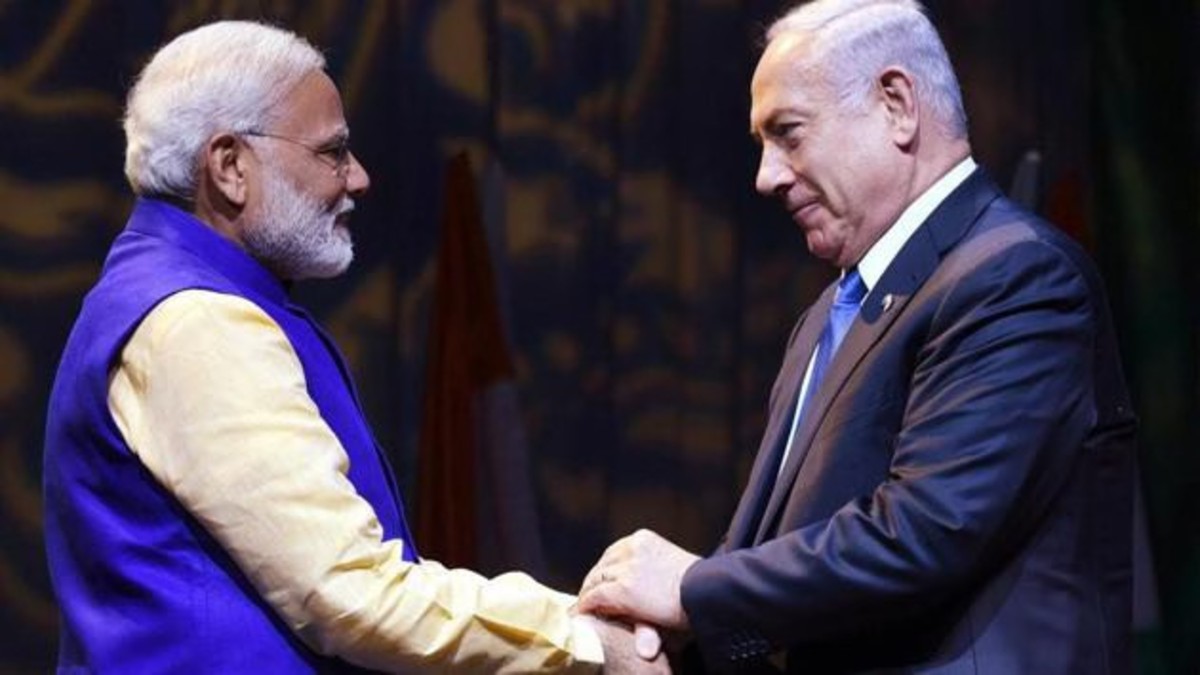)
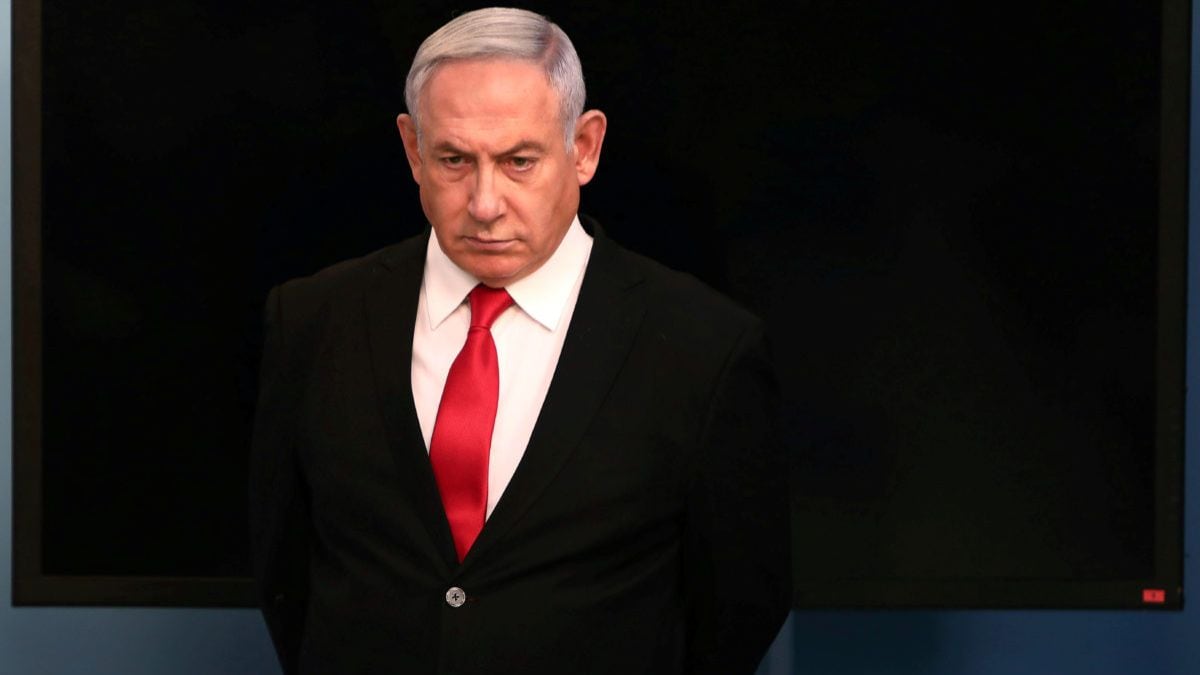
)
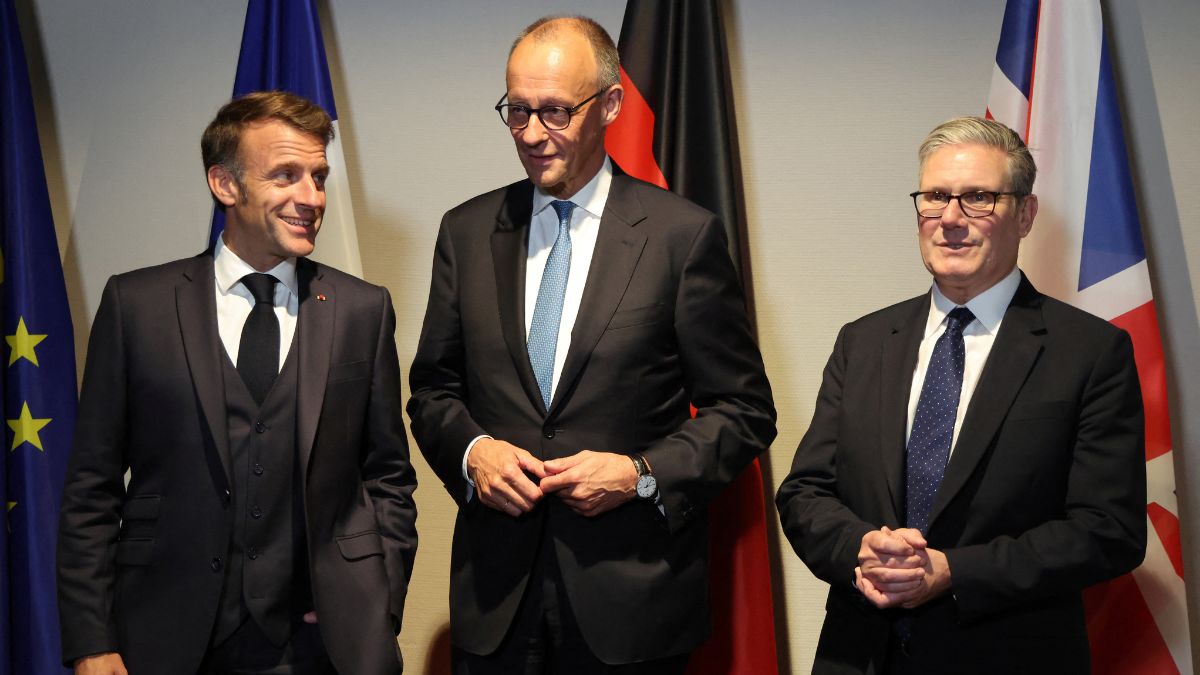)
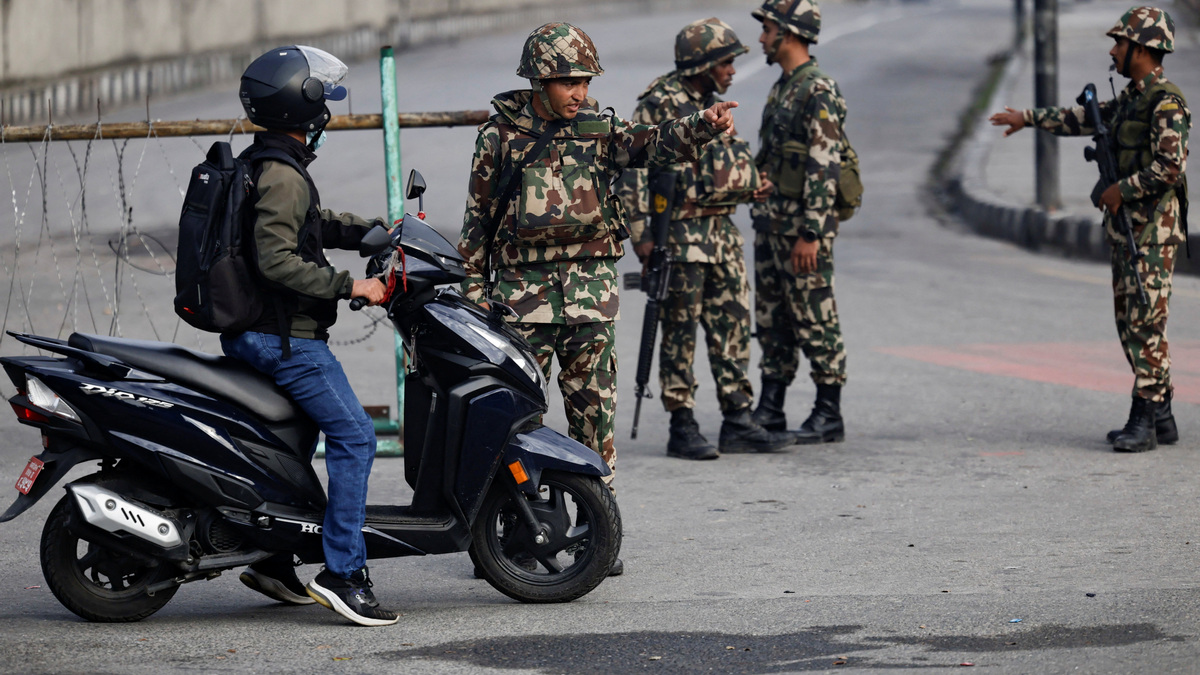)
)
)
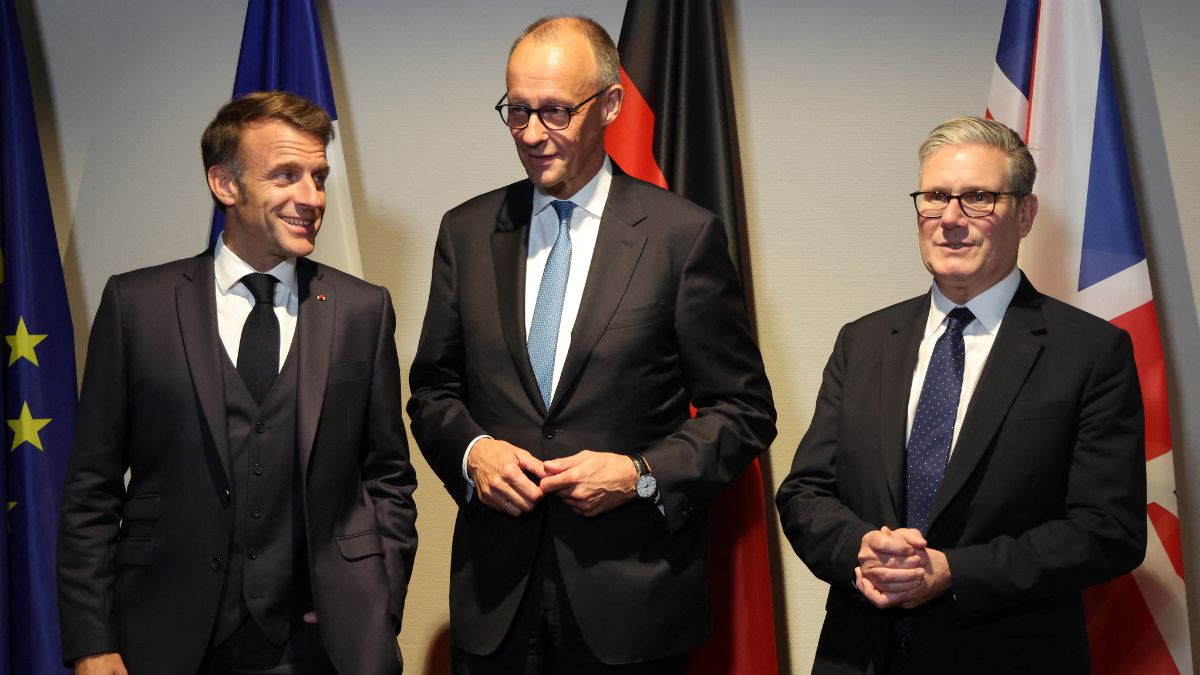)
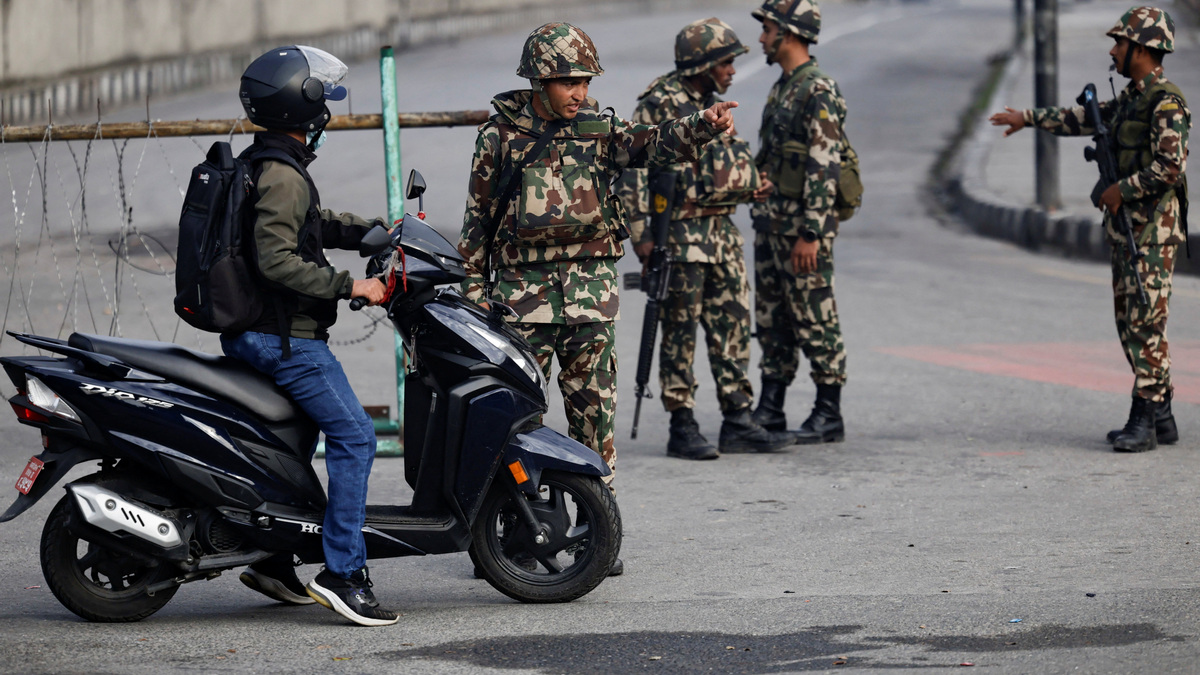)
)



